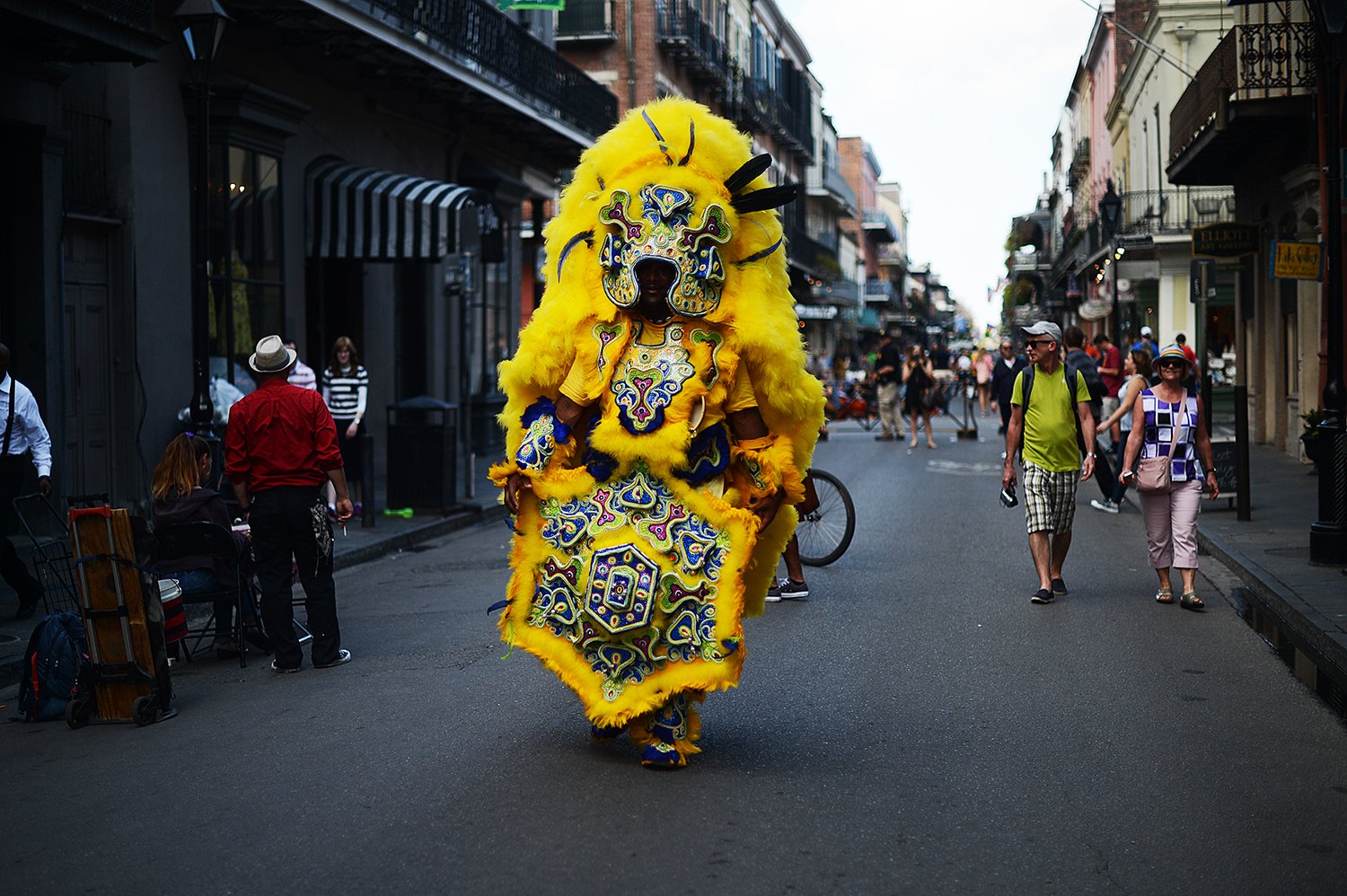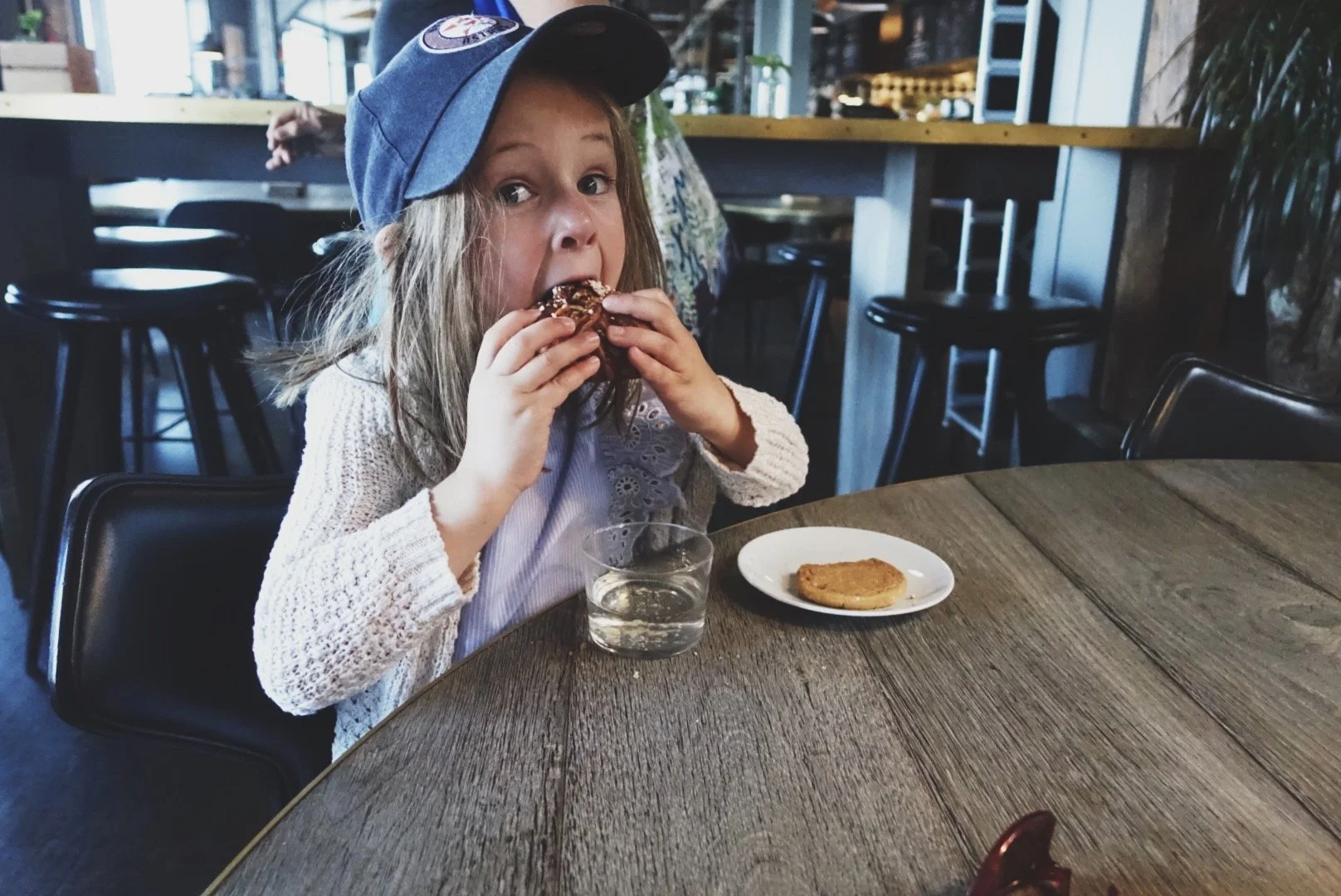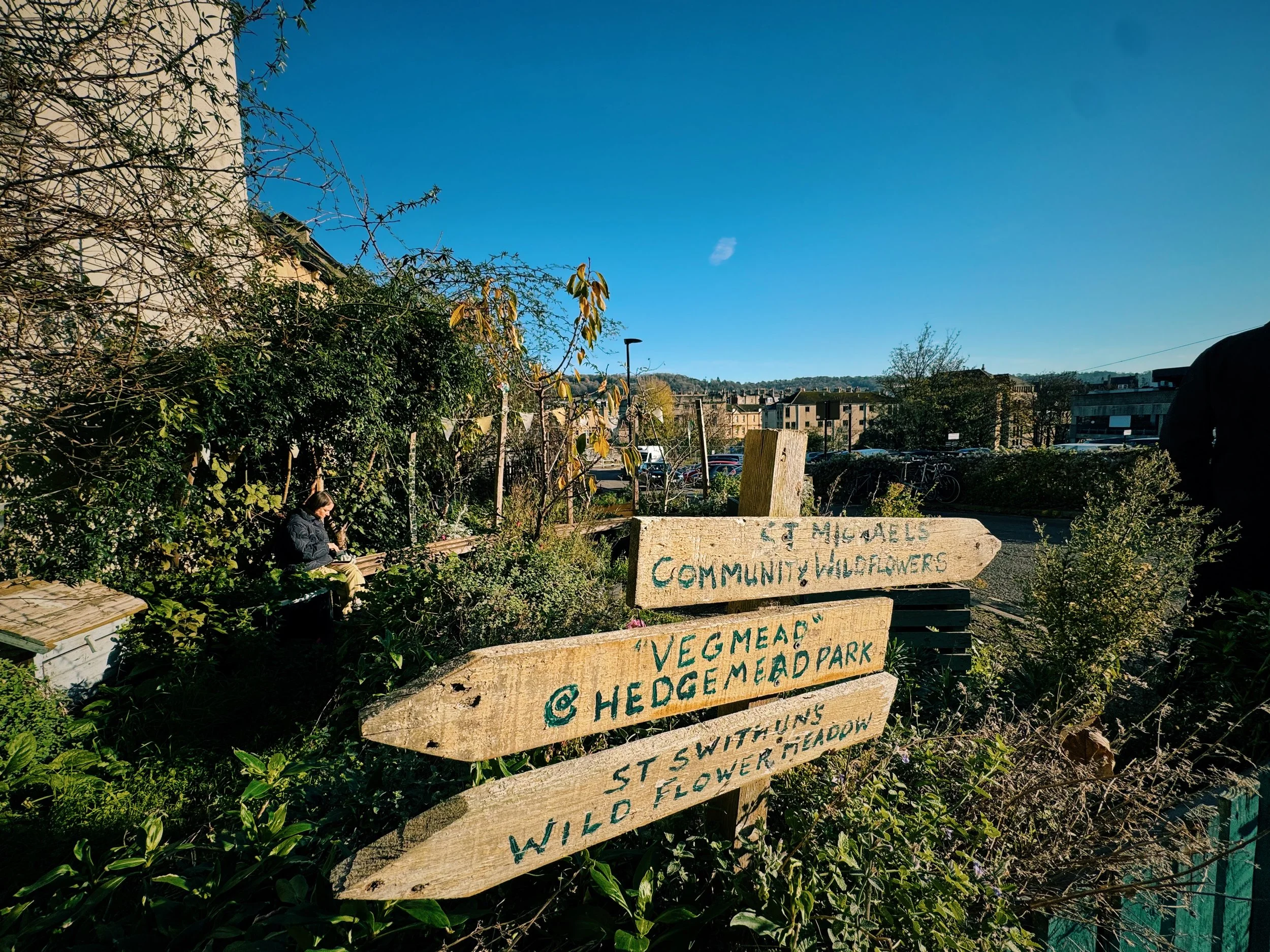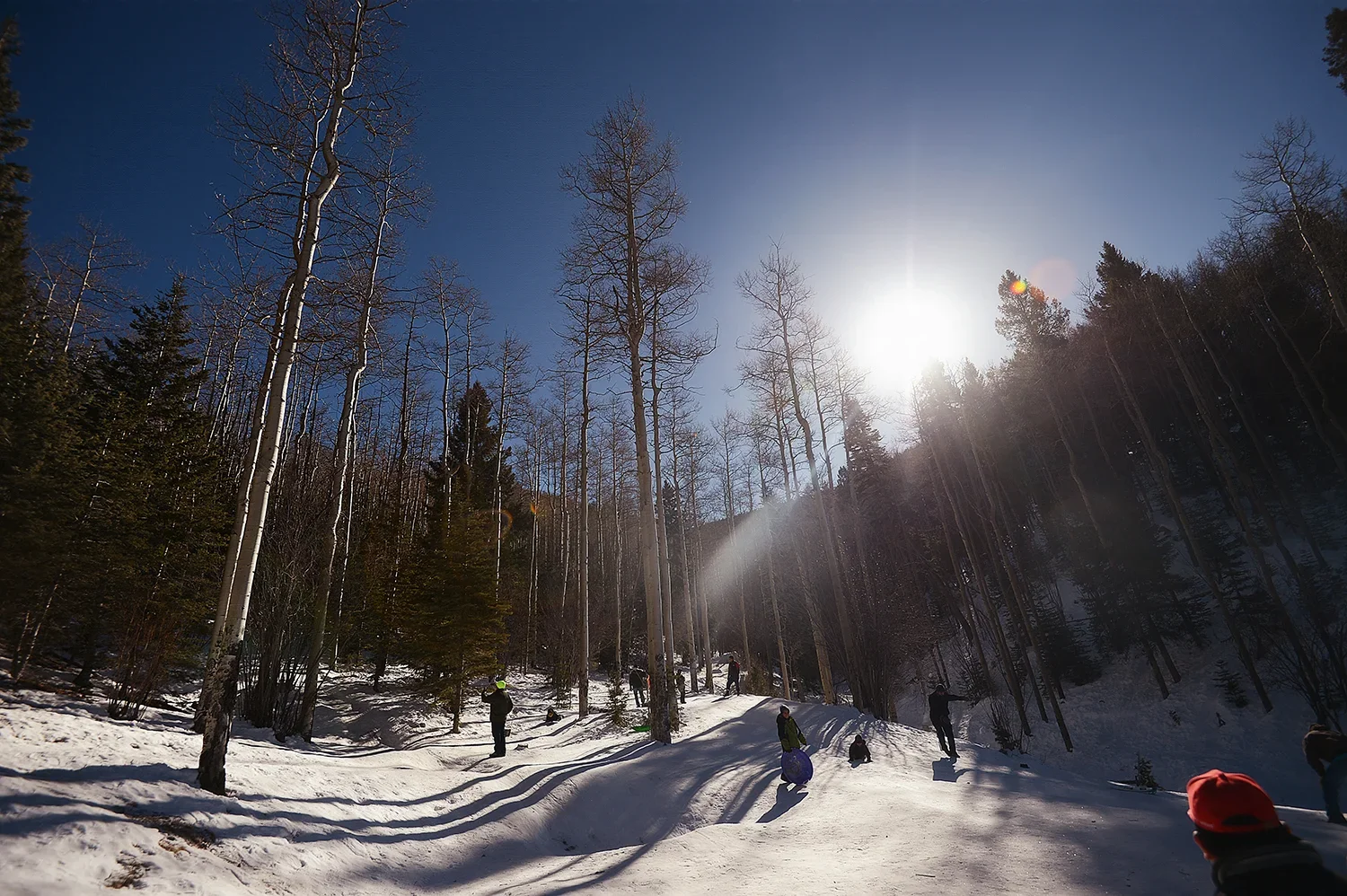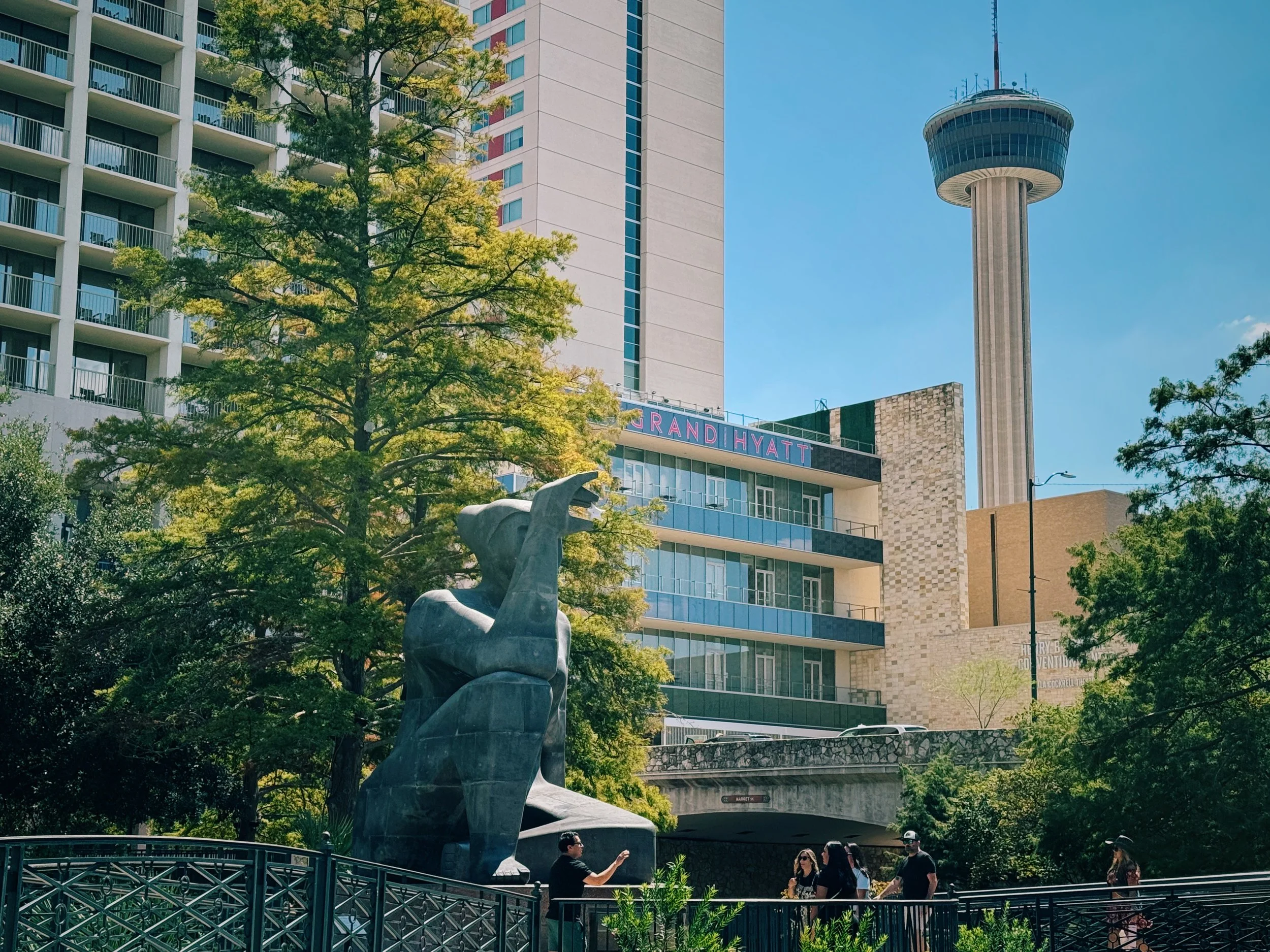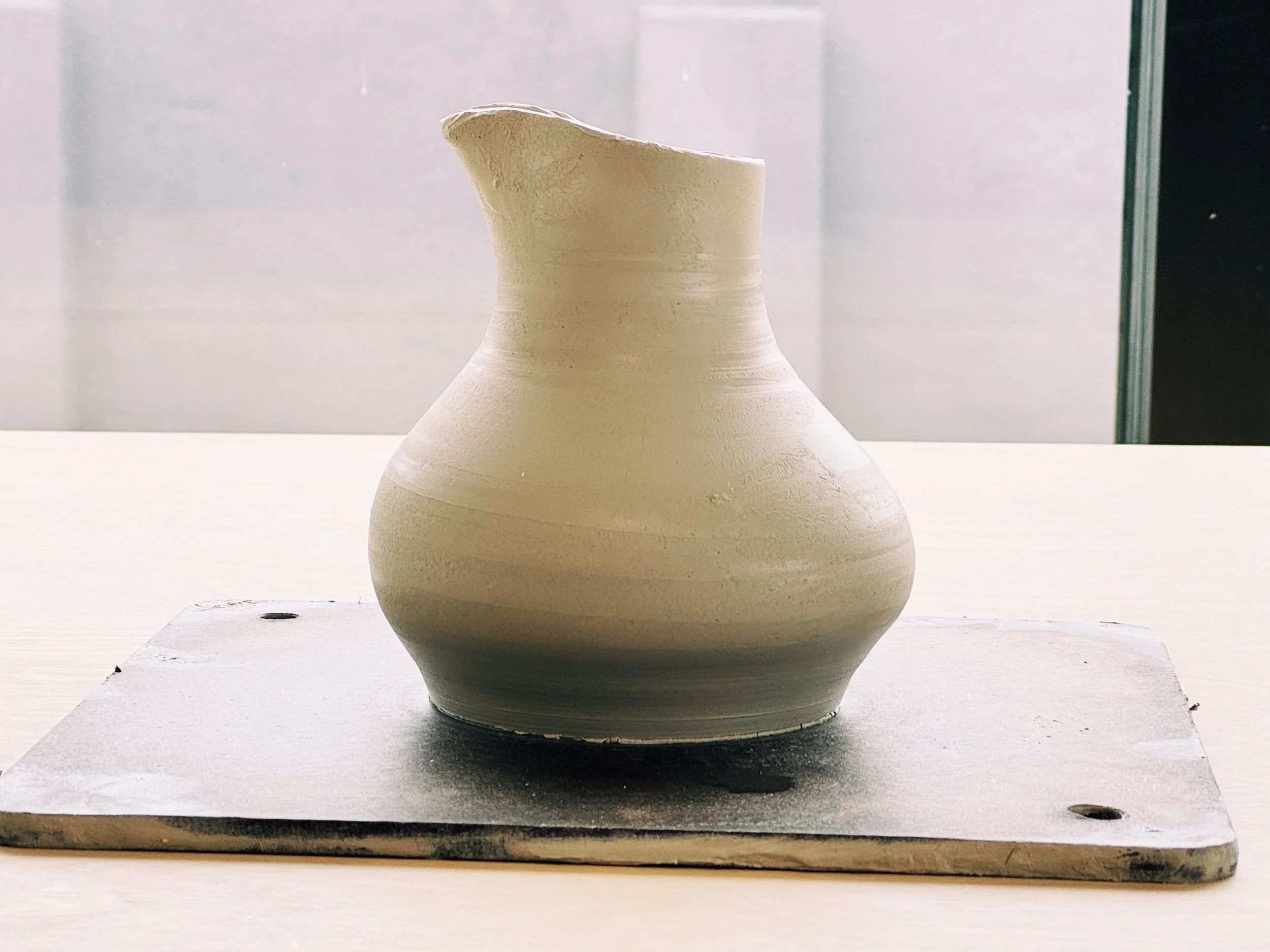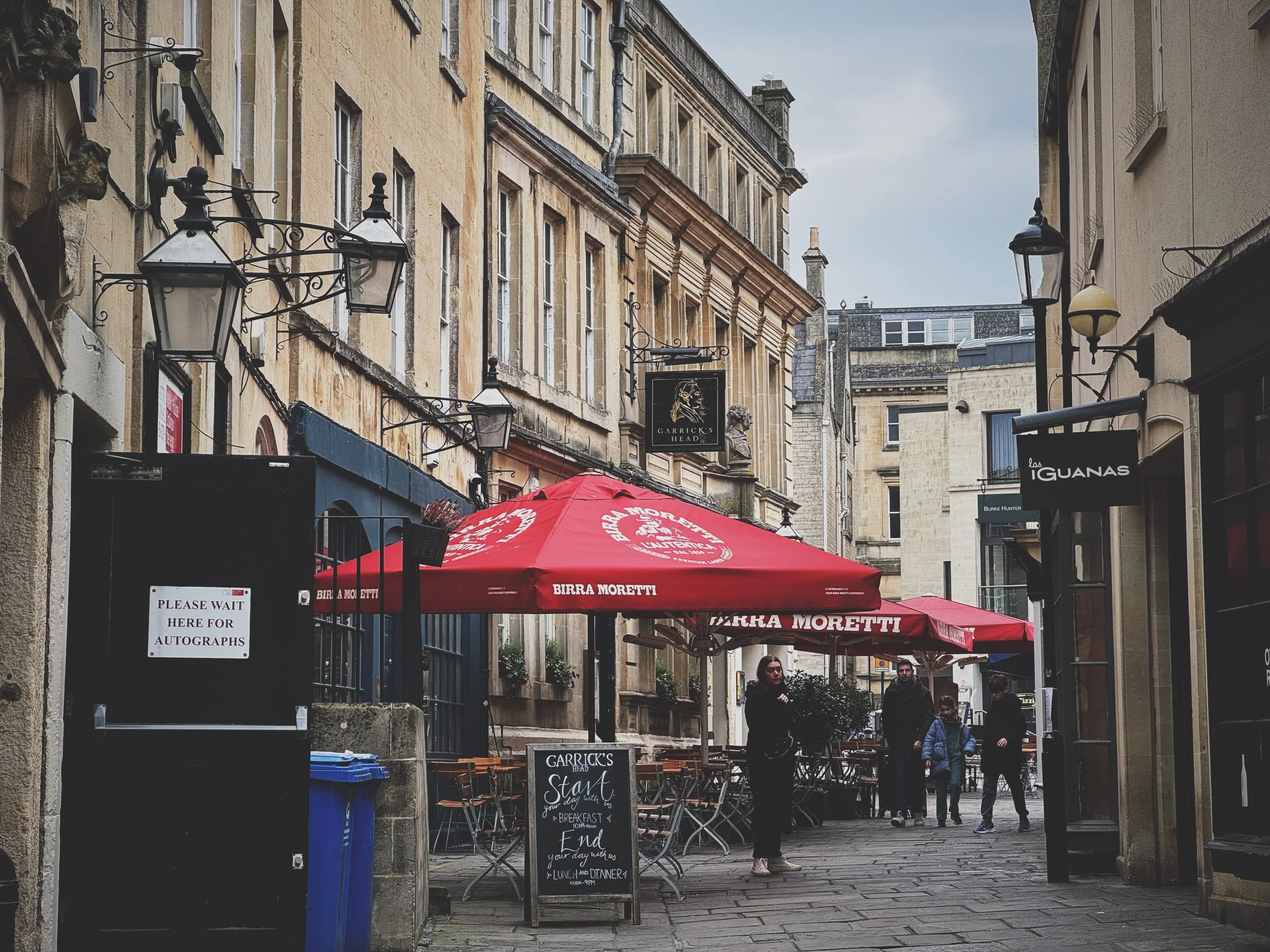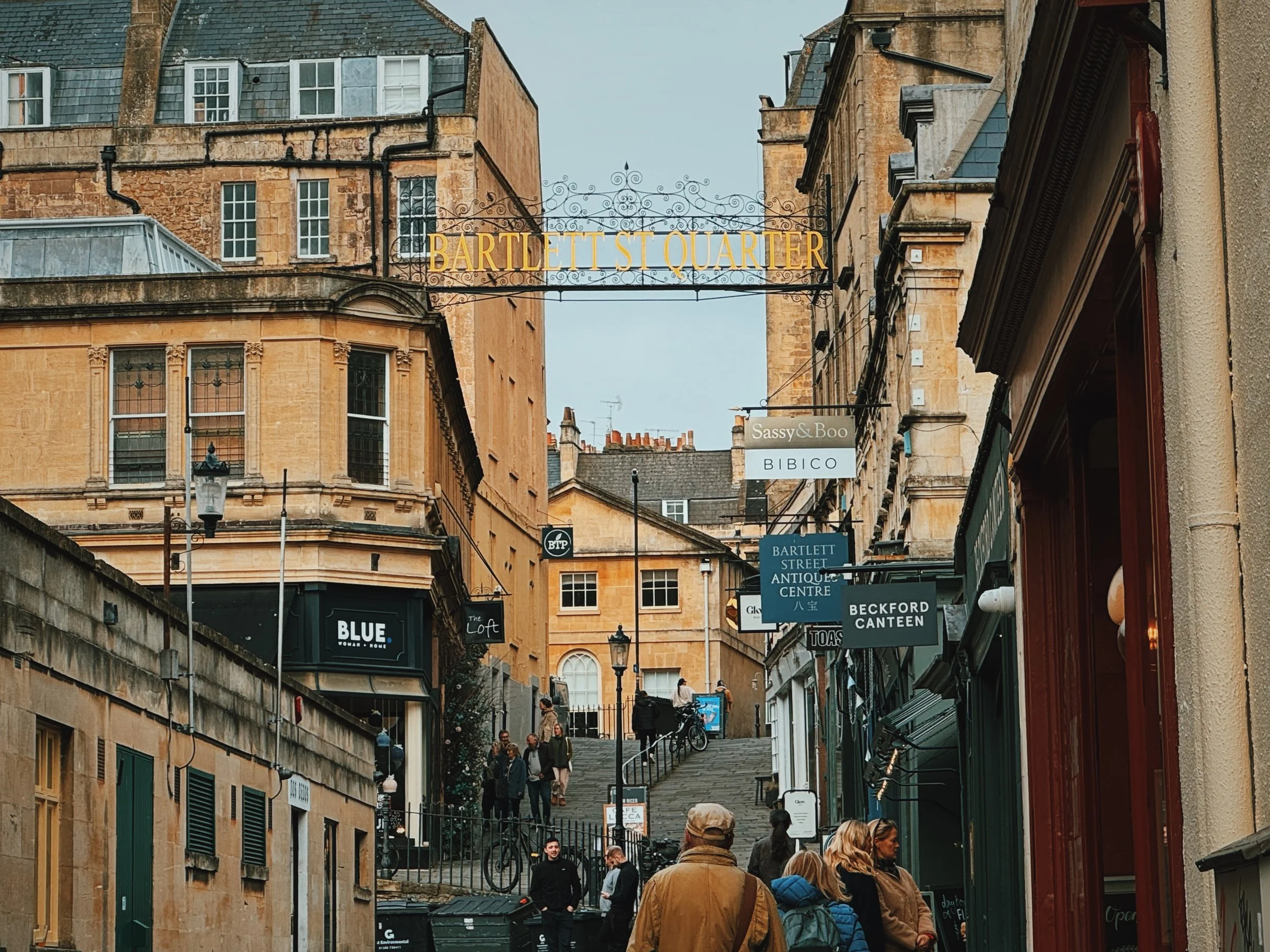curiosity & interconnectedness
This looks like a street scene in Port-of-Spain, Trinidad — but it’s New Orleans, Louisiana.
Back when I was living in London and still practicing law, I used to travel throughout Europe, Africa and the Middle East for my job. I visited Scotland and Egypt, France and Dubai. And eventually, I had a meeting scheduled in Nigeria. I was eager to visit, but my coworkers did everything they could to tamp down my excited anticipation. Everyone I told about my upcoming trip shared ominous warnings:
“Don’t drink the water, you could get violently ill.”
“Don’t go out at night, it’s way too dangerous.”
Don’t stray from your security detail — you’ll have an armed guard with you, as well as a chase car — they’re there for your protection.”
Needless to say, by the time I boarded that British Airways flight to Lagos, I was terrified.
As soon as the plane landed and I disembarked, I dashed toward passport control, hoping to quickly make it to the other side to my waiting security detail. I sprinted down a long hallway before stopping short at a non-operational escalator. I could see the passport control booths immediately at the bottom of the escalator, and the line of passengers snaked all the way up the steps.
This was clearly going to take a while.
After about forty minutes, I’d made it to the bottom of the escalator, but the line had grown behind me, continuing into the hallway above and beyond my sight. My nerves had settled into a low-grade but unrelenting anxiety. Only about thirty minutes more, I thought. I’m almost to the other side.
Suddenly, there was a commotion. Someone at the top of the escalator had lost control of his considerably large and apparently heavy bag, and it was bouncing down the escalator, hitting people as it went. Folks were trying to leap out of the way, and only the lucky ones were successful — the others, I’m sure, ended up with nasty bruises. Those of us who were standing at the bottom of the escalator watched in horror.
Standing in front of me was a Nigerian woman. She was tall — maybe six feet — wearing a brightly patterned dress and a huge gele, which looked like a crown. She stood erect, with all the bearing of a queen: shoulders back, head slightly raised. And after silently surveying the scene for a moment, she suddenly made a loud, distinct sound by sucking her teeth.
If you’re Trinidadian and you’re reading this, you know exactly the sound I mean: in my country, we call that noise a steups, and any person with a Trinidadian mother grew up hearing that noise in their home. It is the quintessential sound of Trinidadian derision. My mother is a champion steupser, and growing up, my sister and I could tell you exactly how angry we’d made her purely by measuring the length of time she was able to draw out that sound. (More than one second, it was time to run.)
As soon as I heard that regal woman at the airport make that sound, every single drop of my anxiety melted away. I marveled that this audible expression — this cultural tic — had traveled the Middle Passage from West Africa, eventually arriving in Trinidad, and survived through the generations on my little island. Suddenly, Nigeria felt like home. And for the rest of my time in Lagos, my perspective shifted from one of apprehension to curious openness. I relished the delicious food, soaked in the lively markets that a coworker took me to visit, and delighted in how much the music sounded like the soca from home.
And honestly, that’s my favourite thing about travel: the way that even the most foreign of experiences can remind you of something familiar.
Like how Cornish pasties, a staple of southwest England, remind me of Jamaican patties, or even Trinidadian meat pies.
A Cornish pasty. The filling is tastes different from a Trinidadian meat pie, but they look practically identical.
Or the way school uniforms of preschoolers in Costa Rica or teenagers in Australia reminded me of the uniforms I wore as a student in Trinidad:
No matter where you are — even in Costa Rica — kids love a good bubble party.
Teenagers in Brisbane, Australia.
Or even the Swedish custom of fika: a morning break of coffee and a sweet pastry, which reminded me of late morning snacks of coconut sweet bread and tea with my grandmother when I was young.
My godson’s little sister, showing us how to fika with the best of them, in Stockholm, Sweden.
Because the truth is that despite all of our differences, when the borders of our countries melt away, we find what connects us. My friend Mira Jacob once told me that curiosity is the antidote to fear: that by getting curious about people and places who are different fro mus, we’re able to discover points of resonance and connection. And in a time of rampant and rising anti-immigrant sentiment around the globe, I think it does us all well to remember this.
Besides, it’s just so great to get glimpses of our own interconnectedness, don’t you think?
